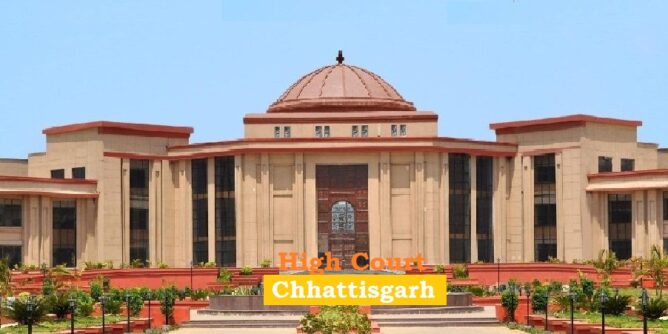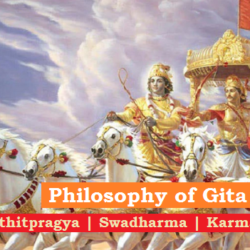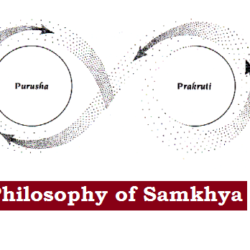
Art 214-231 covers High Courts (HCs). Constitution provides for a HC in each state, also allowed for a common HC. Presently there are 24 HCs, their territorial jurisdiction is co-terminus with the territories of concerned state or UT.
Strength: Not specified (discretion of President)
Appointment:
By the President after consulting with the Chief Justice who in turn would consult a collegium of 2 senior most judges, and with the Chief Justice of the State concerned
Qualifications:
1. Citizen of India
2. Any judicial office for 10 years or
Advocate of HC (s) for 10 years
#NO Distinguished jurist (in the opinion of the President) as for Supreme Court Judge
Duration:
- Until the age of 62 years
- He can be removed by the President on the grounds of- proved misbehavior or incapacity- on the recommendation of the Parliament.
Impeachment Process:
- Motion signed by 100 members (in Lok Sabha) or 50 members (in Rajya Sabha) to the Speaker/President
- 3 Member committee for investigation including a judge of SC, chief justice of a HC and a distinguished jurist
- On the basis of the committee report, motion is to be passed by special majority in both Houses.
Independence of Judiciary:
- Mode of appointment (Collegium System), Security of tenure (impeachment),
- Fixed service conditions
- Expense on Consolidated Fund of India
- Apart from it, Conduct of Judges cannot be discussed in the legislature,
- Ban of practice after retirement
- Parliament cannot curtail the jurisdiction (though can extend)
Jurisdiction: Original, Writ, Appellate, Advisory, Special Powers
1. Original: election dispute, fundamental rights
2. Writ: Guarantor of fundamental rights, Five writs for the enforcement (and for other purposes too)
3. Appellate: Appeal from lower courts
4. Advisory: Not available (as in Supreme Court)
5. Special Jurisdiction:
- Judicial Review to examine the constitutionality of a law against ‘procedure established by law’ (explicitly by many Articles)
- Judicial Activism through PIL or suo motu cognizance of a matter concerning the larger mass.
- A court of record, judgments are recognized as legal precedents and references. It has power to review its own judgments too.
- Supervisory jurisdiction: Superintendence over all courts and tribunals functioning in its territorial jurisdiction (administrative and Judicial)
Subordinate Courts
Art 233- 237 of Constitution covers subordinate courts.
Structure: HC–> District/Session Court and Civil/Criminal Courts
District Judge: to be appointed by Governor in consultation with the concerned HC
Qualifications: Advocate for 7 years
Appointment: Other members are appointed by Governor with consultation with State PSC and the HC concerned
They are controlled by HC including posting, promotion (administrative superintendence)
Advocate General
An Advocate General is a legal adviser to a state government. The post is created by the Constitution of India and corresponds to that of Attorney General of India at the federal or central or union government level.
Appointment:
By the Governor of respective State (Art 165)
Qualifications:
As to that of a judge of High Court
(excluding an eminent jurist in the opinion of the President)
Duties and functions:
- To advise State Govt on legal matters and to appear for the State in High Court
- To discharge other legal duties assigned by the Governor
Rights:
- He has the right to audience in any court
- He has the right to speak and take part in the proceedings of both the houses (With no voting rights)
- He enjoys all the privileges and immunities available to an MLA
- He is not a full time counsel for the State Govt and does not fall under the category of govt servant.
- He is not debarred from private legal practice.
- However, in case of defending accused in criminal prosecution, he is not allowed without prior permission.

 Home
Home Syllabus
Syllabus Contact Us
Contact Us




